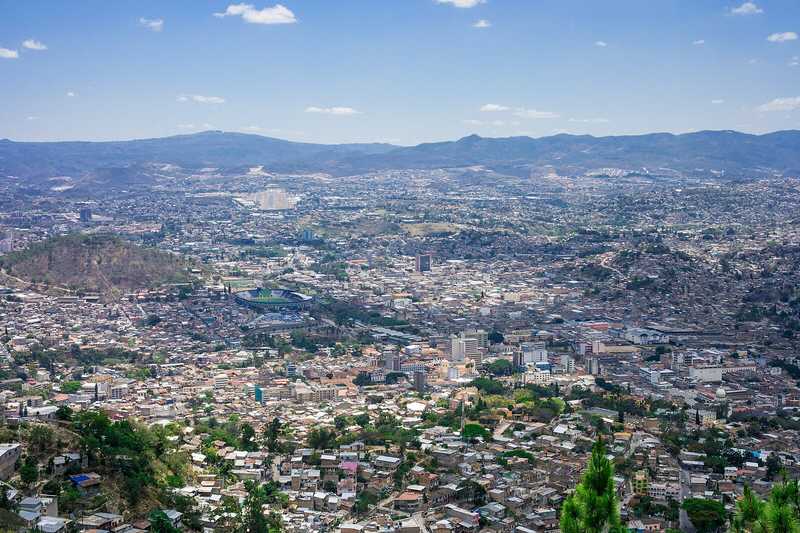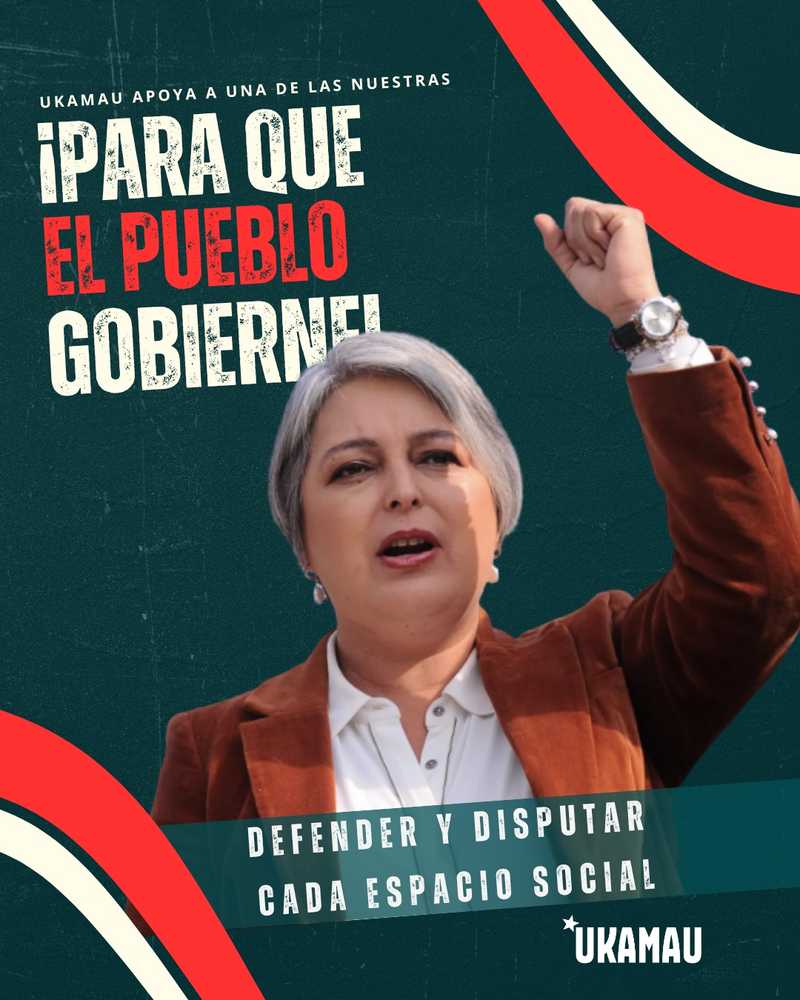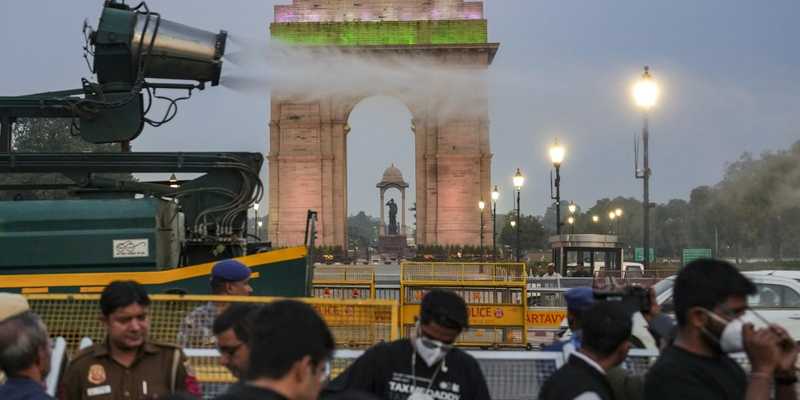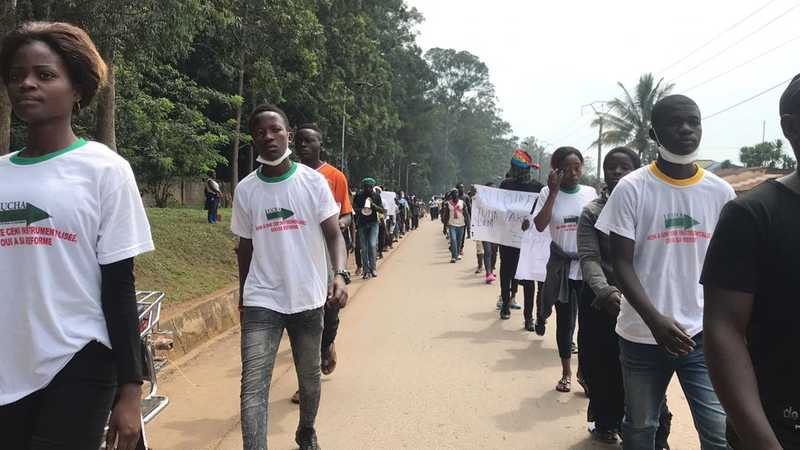
These movements have been mobilising for several weeks against the appointment of Ronsard Molanda as the head of the Independent National Electoral Commission (CENI). Over the last 15 years, he has successively held several positions, including that of National Executive Secretary during the last mandate.
In December 2018, he participated in the organisation of the presidential election that brought Félix Tshisekedi (from the opposition UDPS party) to power. The rest of the opposition and civil society accused CENI of having “fabricated” these results and were claiming victory for the Lamuka opposition coalition candidate, Martin Fayulu.
Statement
Since July 4, the Democratic Republic of the Congo has been experiencing moments of great tension after the President of the National Assembly took the decision to endorse Ronsard Molanda as head of the National Independent Electoral Commission.
Young people from the citizen movements Lucha and Filimbi, political parties as well as religious groups have responded to the patriotic call to stand against this decision.
We have just been arrested and tortured by the police for the third time in the space of a week.
On July 8, 13 and 19, our pro-democracy activists were thrown into solitary confinement by police forces (Congolese national police) without valid reasons, and released later that evening after being tortured and assaulted.
These arrests are not an obstacle for young pro-democracy activists; they are used to this kind of repression and intimidation by police forces.
We will continue to fight until we can see the New Congo come to life (where there is peace, security, water, roads, health and education systems...).
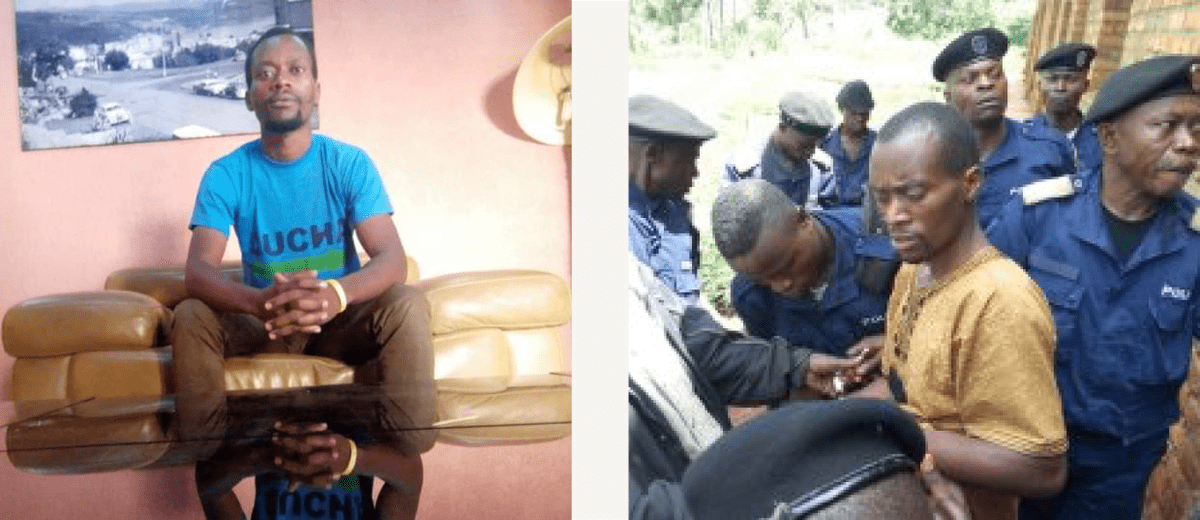
The goal of all these marches was to ask for reforms, an audit of CENI and crucial actions to strengthen democracy.
We demand:
- Depoliticise CENI, demand justice and an audit of the electoral register
- Conduct a general population census and distribute identity cards
- Reinstate two rounds for presidential and legislative elections
- Make decentralisation effective
- Ensure that CENI finalises the electoral process
Emmanuel Ndimwiza Murhony was born on the island of Idjwi and has been fighting against social injustice since childhood. He seeks to mobilise young people on national issues, encourages them to be active citizens and to get involved in the politics of everyday life. He promotes republican values and intercultural dialogue in the diversity of ideas and customs. By questioning the way in which the history and the future of the Congo is viewed, he examines the concrete achievements of each and everyone in order to change the country.
